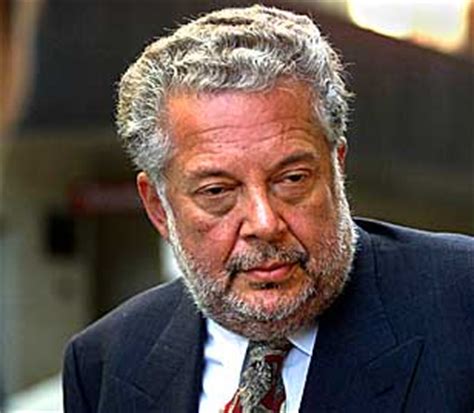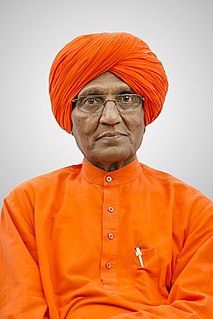A Quote by Jane Fonda
In this age of remote-controlled pushbutton war, we must all try very, very hard to remain human beings.
Quote Topics
Related Quotes
You've got a generation of young men - almost all are young men - in situations of great economic hardship, where they don't really have work. The chances of them making a decent life for themselves, of making a family, living in a kind of decent, happy way, are very, very remote. It's very hard for them to ever even have that as a dream, so when people are that deprived of the ordinary hope of human beings, it creates anger. And that anger can be channeled by unscrupulous persons, whether secular or religious leaders, and there's been a lot of that.
If the basic human nature was aggressive, we would have been born with animal claws & huge teeth -- but ours are very short, very pretty, very weak! That means we are not well equipped to be aggressive beings. Even the size of our mouth is very small. So I think the basic nature of human beings should be gentle.
It's very important to understand that World War II is at the base of this new policy. From the 1890s on, the U.S. was always imperialistic. We went after the Philippines, and we did the same in Cuba, in Hawaii. We controlled South America. Woodrow Wilson was not what he was supposed to be. He was very much a white man first. "The world must be made safe for democracy." It really accelerates after World War II.
What happens to children and families today who sit around the television? They're watching made-up stories. It's not their experience and it's not truly shared. A human being must learn at a very young age how to connect to other human beings. Our technologies are driving us apart, only connecting us in terms of information, not in terms of emotions.
I have a very hard time with this word 'non-violence,' because I don't believe that I am non-violent. ... Right now, I would love to kill George Bush. I don't know how I ever got a Nobel Peace Prize, because when I see children die, the anger in me is just beyond belief. It's our duty as human beings, whatever age we are, to become the protectors of human life.
It is worth repeating at this point the theories that Ford had come up with, on his first encounter with human beings, to account for their peculiar habit of continually stating and restating the very very obvious, as in "It's a nice day," or "You're very tall," or "So this is it, we're going to die." His first theory was that if human beings didn't keep exercising their lips, their mouths probably shriveled up. After a few months of observation he had come up with a second theory, which was this--"If human beings don't keep exercising their lips, their brains start working.




































